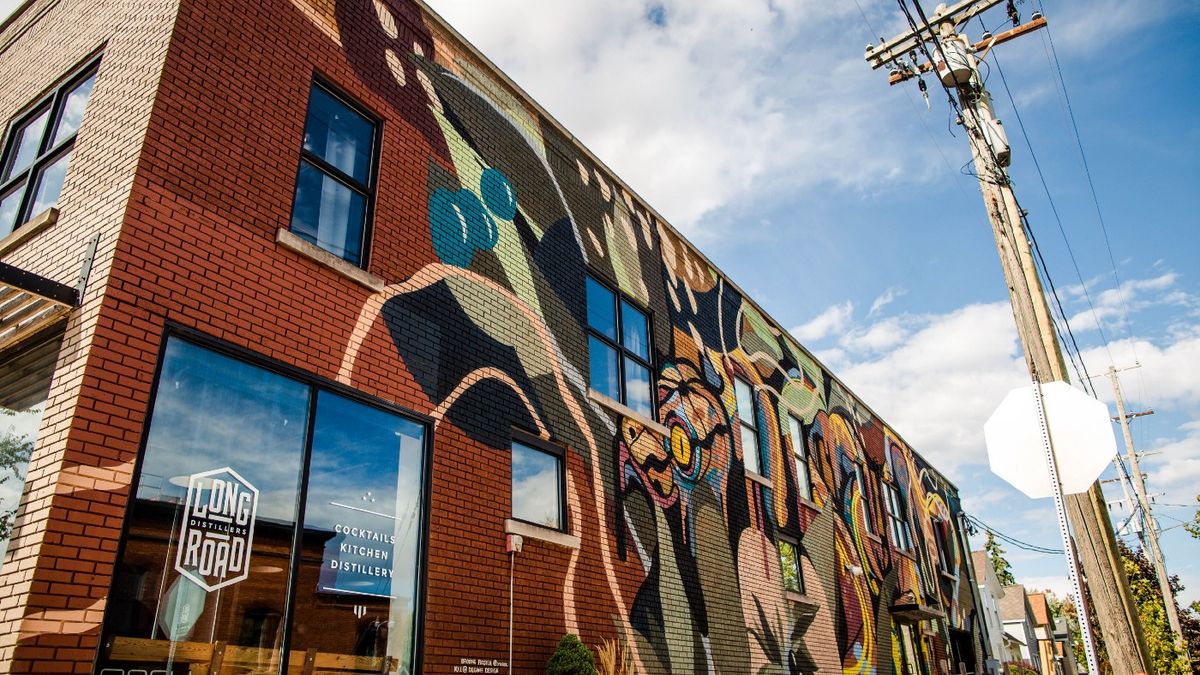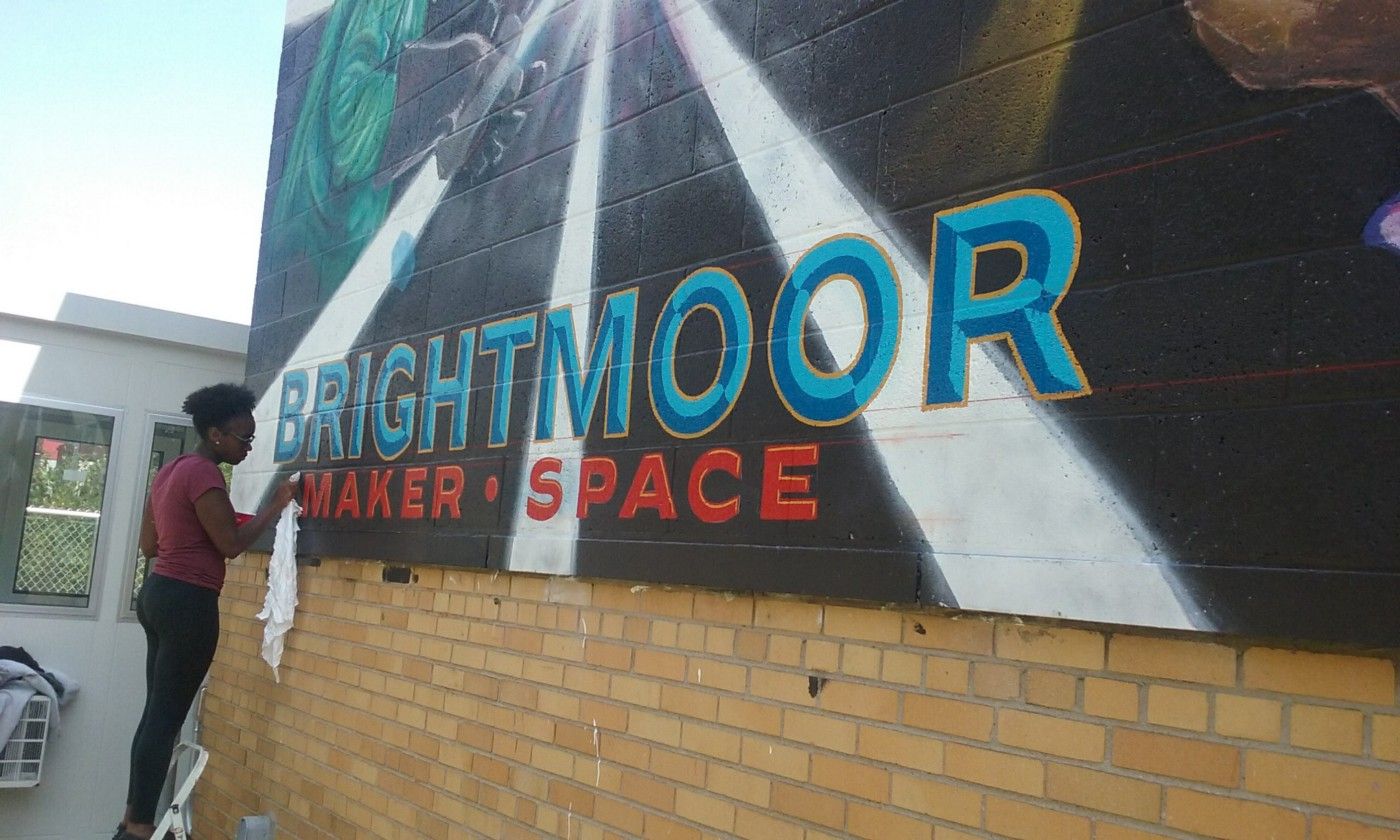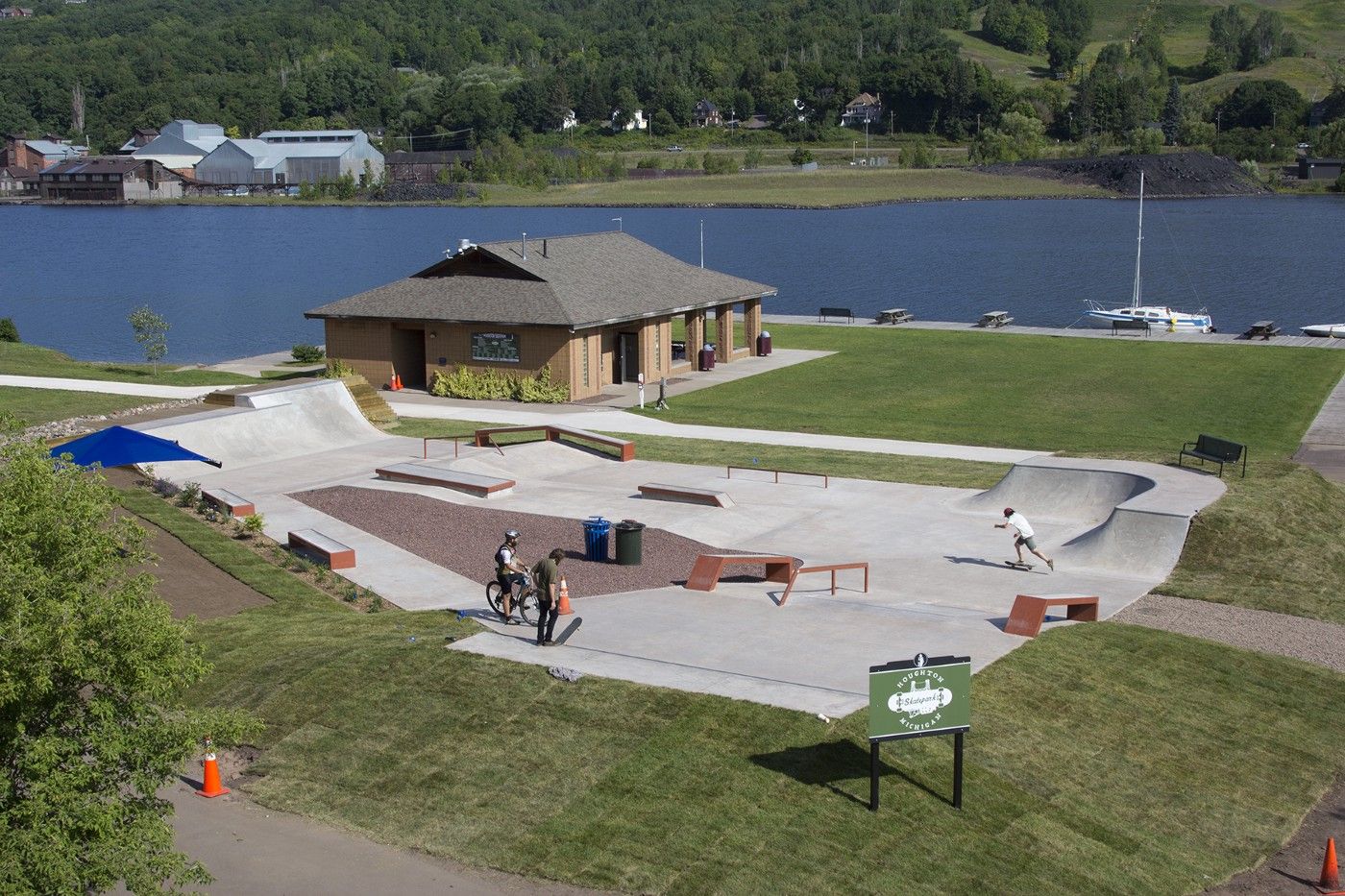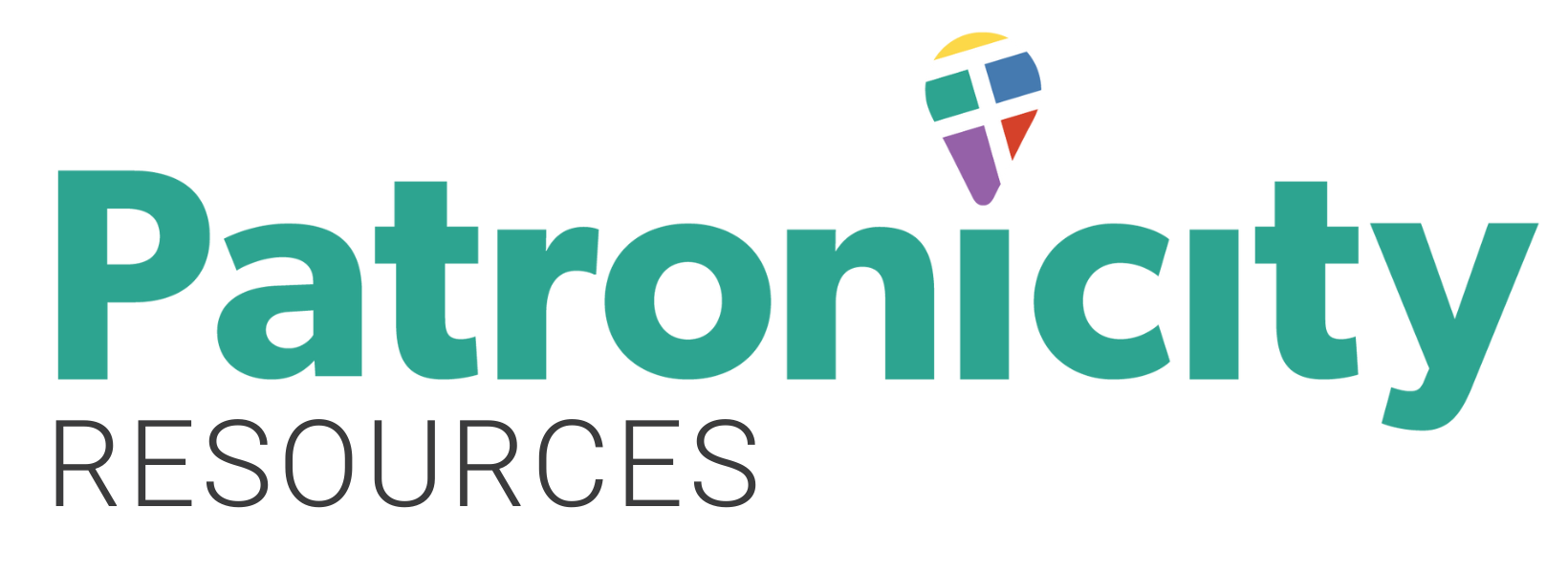
Matching Grants: Where the Community Votes With Their Dollars
In crowdgranting, the community becomes the final review committee, where if they can showcase community support through crowdfunding and fundraising, they receive the matching grant.
Matching grants have become an increasingly common model for states, local governments, foundations, and nonprofits to disburse funding to the organizations they are looking to support. These types of grants are conditional awards that require an organization to raise a specified amount of the grant. Organizations are required to solicit contributions of new money with the intent to increase their revenue while expanding and diversifying their support base.
Matching grants are not a new or novel concept. However, every year, millions of grant dollars go unspent, and hundreds of organizations miss and forgo these funding opportunities. While many organizations may see these grant opportunities available, they lack the extra funding within their already limited and shrinking budgets to allocate enough money toward the matching grant needed.

We expanded our crowdfunding platform Patronicity in 2014 with this in mind, recognizing that the types of community improvement, neighborhood revitalization, and placemaking projects we were working with and supporting were the very ones granting organizations were looking to fund. We thought, what if we could marry the two, thus providing a tool for organizations to raise funds from their community to achieve a matching grant and for granting organizations to find better projects and a streamlined model to distribute their matching grant dollars. We coined our model “Crowdgranting” and began seeing its value and impact immediately.
With the launch of our first major crowdgranting program in partnership with the Michigan Economic Development Corporation (MEDC) in 2014, the Public Spaces, Community Places grant program enables local community organizations, nonprofits, and municipalities to have a mechanism to achieve the matching grant they are providing.
The crowdgranting model reduces the barriers of entry for applicant organizations to apply for the matching grant since the crowdfunding component not only serves as the initial grant application but the process itself drives further community engagement. The program allows for any applicant that meets the basic eligibility parameters of the grant to be given conditional approval, and then the community becomes the final review committee, where if they are able to showcase community support through crowdfunding and fundraising, they receive the matching grant.
Community members from local residents, neighborhood businesses, and community stakeholders are able to vote with their dollars in the form of support and donations on the projects they find most valuable and important. This also allows new grassroots organizations that lack the capacity to write a formal grant or lack previous relationships and track records with grantors to showcase their organization's worth through the community backing of their work. The community’s voice has now bocame a part of the grant review process, and public funds are being backed through the support of their donations.
Alice Brinkman, the Founder and Director of REACH Studio Art Center in Lansing, Michigan, and Public Spaces Community Places Matching Grant Recipient said, “It just made it a lot more impactful for us to go to our friends and our supporters and say, ‘If you help us make this goal, it’s going to double.’ I think the real benefit of this kind of a partnership is that it’s the community who’s the review committee, in a sense.”
The MEDC has continued its investment in the Public Spaces, Community Places program, providing over $10.1 million in matching grants to over 300 projects across the state. The program continues to see tremendous community support with over 54,000 patrons contributing over $11.8 million to crowdfunding campaigns since the programs’ inception.
We spoke with Katharine Czarnecki Merritt, former Senior Vice President of Community Development at the MEDC, about how they changed how they delivered tools to local communities and had one-quarter of the population donate to a campaign in rural Portland, Michigan.
Crowdgranting is a perfect fit for matching grants as it reduces the time and administrative burden for the granting organization while increasing the opportunity for applicant projects to achieve the funding needed to build or run their project. We also see increased sustainability and longevity within the project since a single organization isn’t solely responsible for providing the funding. The crowdgranting model increases a group's capacity, builds upon their existing donor base, and exemplifies the community engagement needed to build vibrant communities.

If you are a granting organization interested in exploring how a crowdgranting model can revolutionize a part of your grant process, reach out to ebrahim@patronicity.com to learn more. I would love to talk to you about how crowdgranting can transform your grant process and your community.
For community projects looking for funding towards your next project, explore our current grant partnerships to see if you qualify, or simply begin a crowdfunding campaign without a match to harness the power of the crowd to grow your work.

